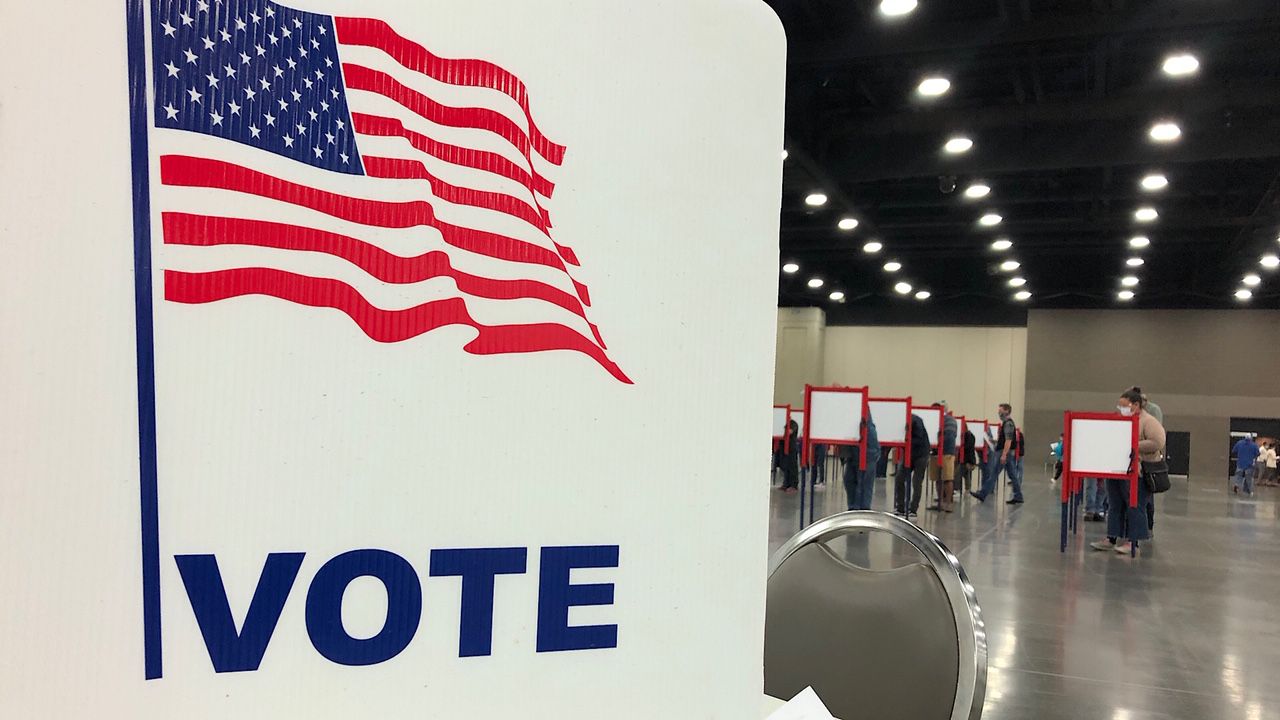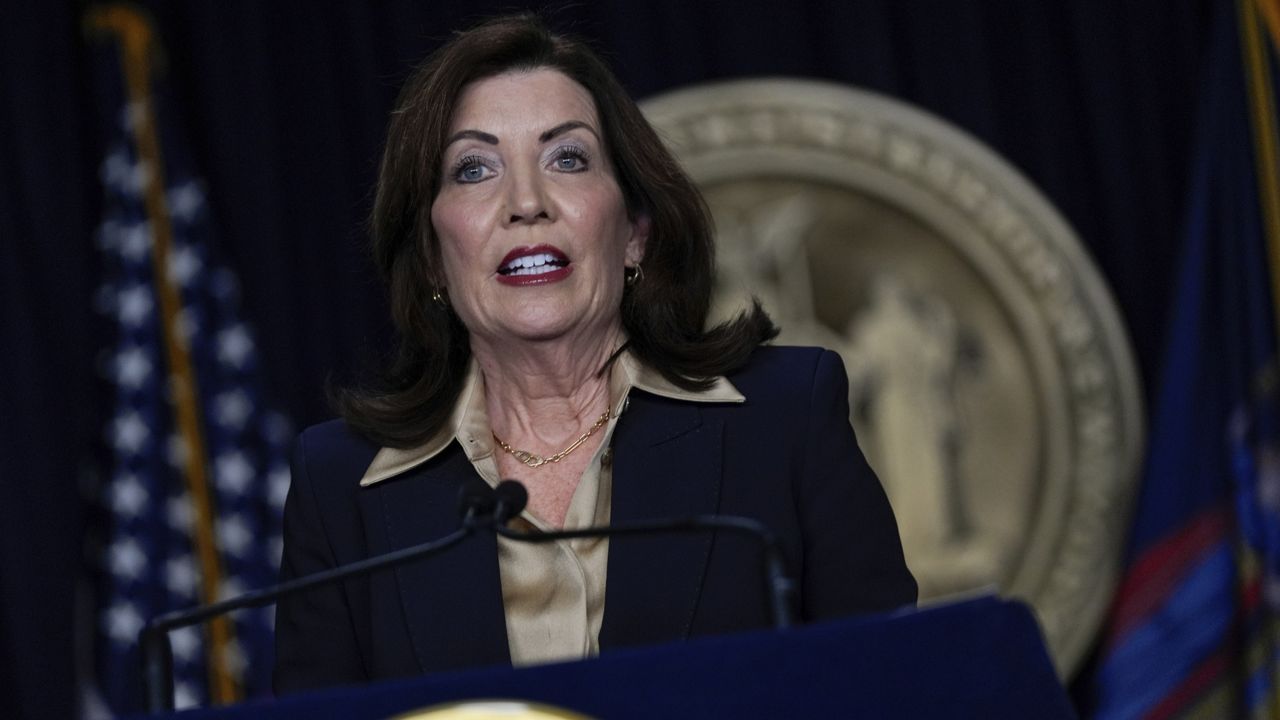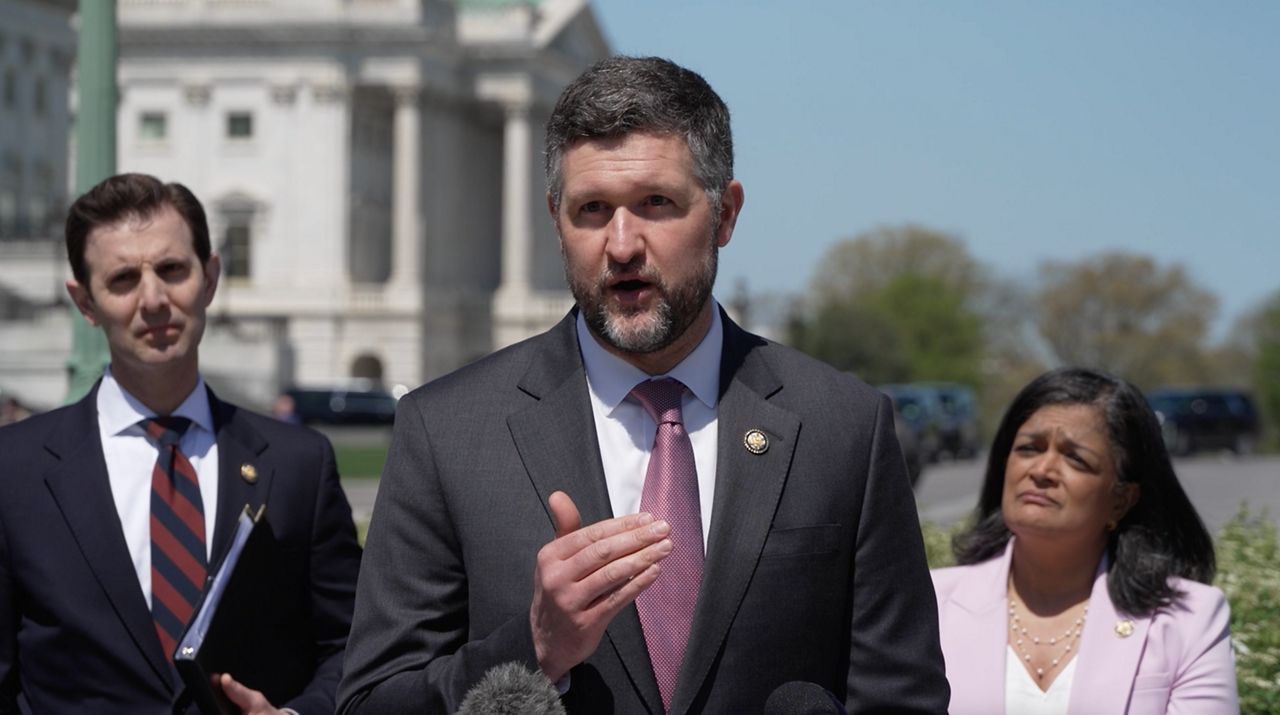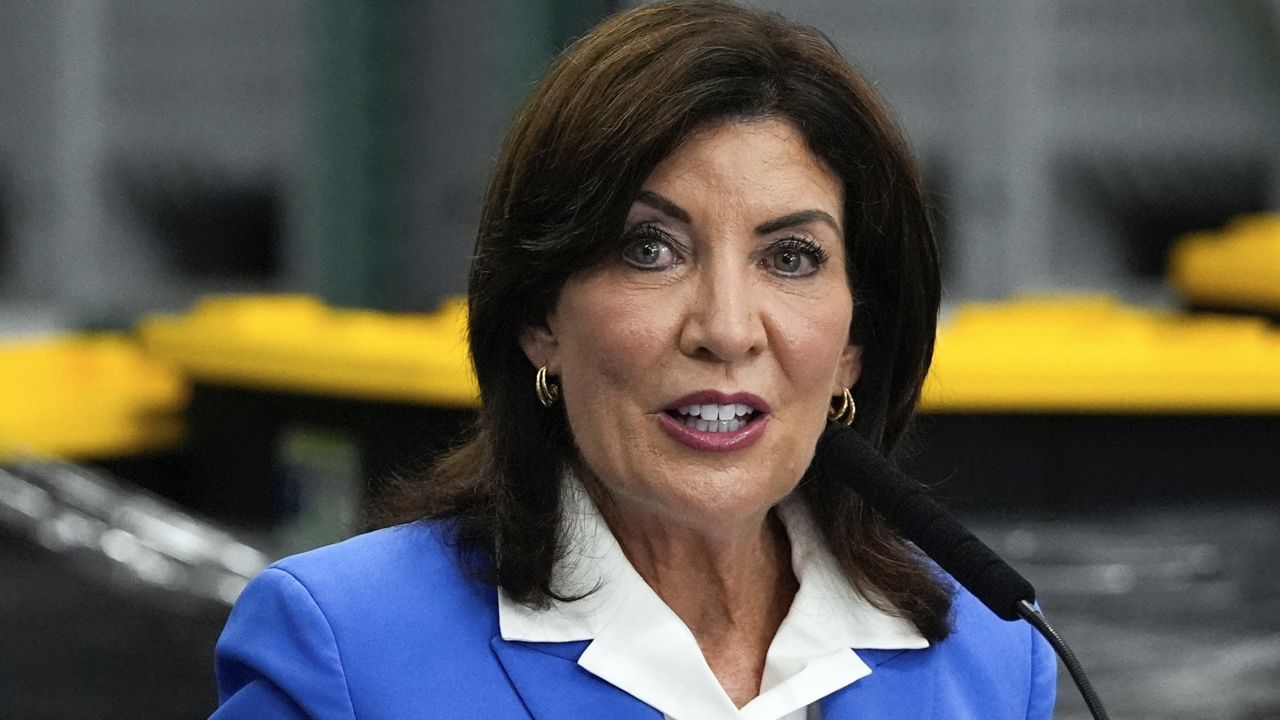A bill meant to ensure voting rights in New York to guard against disenfranchisement is heading to Gov. Kathy Hochul's desk for final approval after lawmakers on Thursday signed off on the measure.
The bill, named for the late civil rights leader and congressman John Lewis, is aimed at addressing a 9-year-old Supreme Court decision that overturned a key portion of the federal Voting Rights Act of 1965.
“New York must lead the way in ensuring that everyone has equal access to political participation,” said Assemblywoman Latrice Walker. “Since the courts have weakened the federal Voting Rights Act and without action from Congress to strengthen it, we have seen a wave of laws passed across this nation meant to stifle the voting power of minority voters. This legislation sends the message that here in New York, your right to vote is protected.”
The bill's passage comes after legislation at the congressional level has stalled.
In New York, the measure would implement a new procedure for a political subdivision like a school district or local government with a history of disenfranchisement to apply for preclearance to any changes to elections or voting-related procedures.
"For as long as our country has existed, there have been those who seek to restrict voting and diminish democracy," said state Sen. Zellner Myrie. "Today, New York is taking a stand."
Hochul earlier this year urged lawmakers to take up the bill during her State of the State address and is expected to sign it into law.
Conservative Party Chairman Gerard Kassar criticized the measure, arguing it is tackling a problem that doesn't exist in the state.
“Voting in New York has never been easier or more inclusive," he said. "Ballots are printed in multiple languages; early voting takes place for a full 10 days prior to an election, and diverse slates of candidates are elected to public office every year under the current system. There is no need to add new, bureaucratic and redundant layers to a voting process that already works."
New York lawmakers in recent years have sought to make voting easier in the state, including the implementation of early voting. But amendments to the state's constitution including ending required excuses for absentee ballots as well as easing registration deadlines faltered when voters rejected the changes last year.








